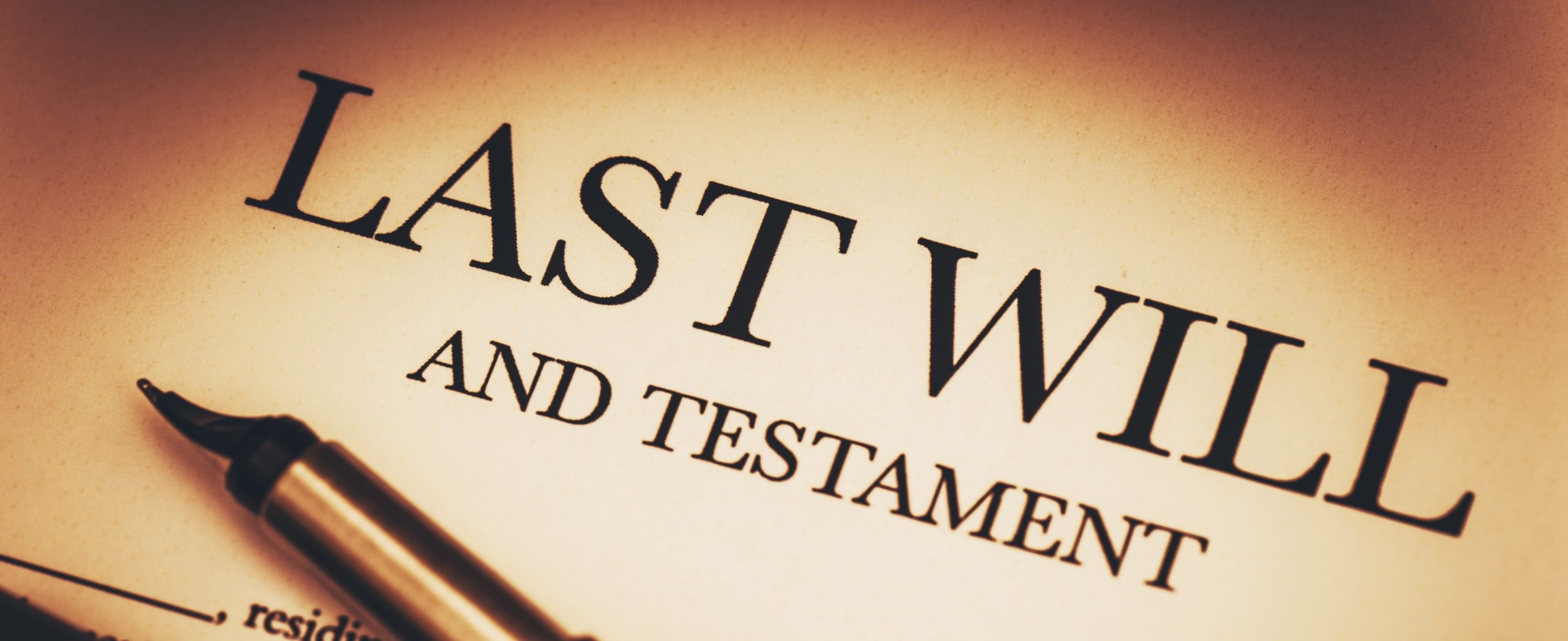With the rise of digital assets in the 21st century, have you considered how your intangible assets are dealt with after your death?
Dying Without a Will – What Happens?
Judging by some comments read on social media, there are widespread public misconceptions about what happens with your assets if you die without having a will.

If you die without a will, you are said to be intestate.
If your estate is a small estate, ie if you have no interest in land and no assets worth more than $15,000.00, there really isn’t an issue – your next of kin can deal with your estate without the need for a grant of administration by the court.
However, if you do have an interest in land or assets worth more than $15,000.00, then there has to be a grant of administration by the court to deal with your estate, and the law stipulates how your estate is divided up and who will benefit.
The Administration Act 1969 sets out the rules for inheritance of an intestate estate. Who gets a share of your assets depends upon your family relationships, and this may not be how you might have wanted it.
The following table sets out those rules:
|
Intestate Leaves |
How Estate to be Divided |
|
| 1. |
Spouse/civil union partner/de facto partner, no children, no parents |
Spouse/partner receives:
|
| 2. |
Spouse/civil union partner/de facto partner, and children |
Spouse/partner receives:
Children receive:
|
| 3. |
Spouse/partner, no children, but 1 or more parents |
Spouse/partner receives:
Parent(s) receive:
|
| 4. |
Children, but no spouse/partner |
All of the estate to surviving children, in equal shares |
| 5. |
No spouse/partner, no children, but one or both parents |
All of estate to the parent (if one) or in equal shares to parents (if both alive) |
| 6. |
No spouse/partner, no children, no parents, but 1 or more brothers or sisters (including half brothers/sisters) |
All of estate divided in equal shares between brothers and sisters |
| 7. |
None of the above, but 1 or both maternal or paternal grandparents, or 1 or more maternal aunts or uncles |
First half of estate in equal shares to maternal grandparent(s) or grandparent. If no maternal grandparent, equally to maternal uncles/aunts. If no maternal uncles/aunts then in accordance with second half. Second half of estate in equal shares to paternal grandparent(s) or grandparent. If no paternal grandparent then equally to paternal uncles/aunts. If no paternal uncles/aunts then in accordance with first half. |
| 8. |
No one who takes an interest |
All of the estate belongs to the Crown which may provide for any dependents of the intestate or any other people for whom the intestate might reasonably have been expected to make provision. |
The rules of intestacy do not allow for gifts to charitable organisations, which is something many people like to do on their death. This means that if you want to make a gift to a charitable organisation, you need to have a will to provide for that.
Other provisions which you can include in a will are specific gifts of money or special items of property to named individuals who may not be family members. The Administration Act 1969 does not provide for these special gifts.
Another problem which can arise if you do die intestate is who will take responsibility to apply for a grant of administration if one is needed? No-one has an absolute right to be appointed as administrator of an intestate estate, but the court has formulated rules which state that those who are entitled to benefit from your estate have priority, starting with a surviving spouse or civil union or de facto partner, and moving through the ranks of kinship in the order described in the table above.
The moral of the story is that if you have an estate which will require a grant of administration to be obtained to deal with your assets on your death, and you want to be the one to say whom you want to be the administrator, and who inherits what, then you need to make sure that you have a current will when you die.
This article is current as at the date of publication and is only intended to provide general comments about the law. Harkness Henry accepts no responsibility for reliance by any person or organisation on the content of the article. Please contact the author of the article if you require specific advice about how the law applies to you.
For further information



